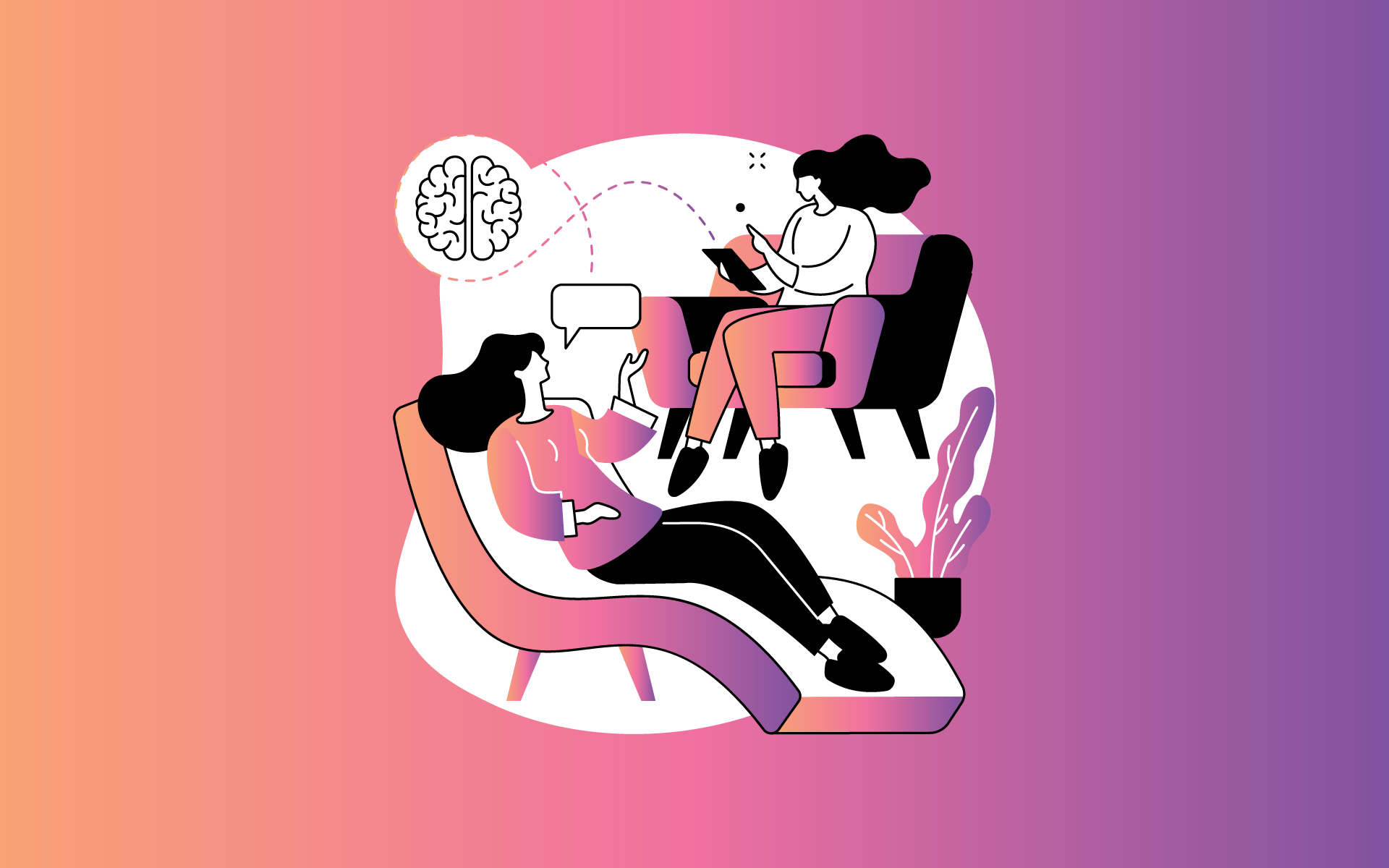Mental health conditions are medical problems like any other

What do we do when life becomes too much? Seeking help for mental problems still carry a stigma, but the sooner we do it, the better the outcomes.
GIBS academic Dr Dorothy (Dots) Ndletyana grew up in Ennerdale, south of Johannesburg. She worked her way to a master’s degree at Wits University and a doctorate at Columbia in New York. As she was celebrating that achievement, part of less than 2% of the global population with a PhD, her private world fell apart. Her brother committed suicide. Her father reverted to alcoholism and died within a few months. Her mother was diagnosed with dementia and also passed away within a year. Telling us the story as part of our podcast series, she remembers that crash: “As the young people say, I wanted to un-alive myself.” Her sister heard the “goodbye” in a seemingly ordinary conversation. “Three hours later we drove through a gate saying ‘Psychiatric Clinic’.”
Psychiatrist Dr Willem Landman points out that all change is stressful. International research has found an increased incidence of schizophrenia and psychosis among people who have undergone intense change, though of course not all psychiatric illnesses are that severe. The kind of change that our studio guests experienced, growing up in often dire circumstances and making the journey to a professional career within a decade or two, could throw anyone off balance. “Any big change can lead to something called ‘adjustment disorder’,” he explains. “It is different from depression or anxiety, though it can present as part of a larger pattern.” Well-meaning friends can put even more pressure on the person, making them feel that they are weaklings who cannot pull themselves together.
Driving through that gate marked “Psychiatric Clinic” was “shocking,” says Dots. “It’s like, something is really wrong with me. This is the depth I have sunk to.” The medical aid paid for three weeks as an in-patient. “It was a gift. I rediscovered who I am. I discovered that, actually, I love being alive. I want to be alive.” With the understanding she gained, she can now say, “I have never been afraid to get help. This was just, ‘You’re depressed, you may have a chemical imbalance, take some meds, have some talk therapy, get some exercise, get taken out of what is stressful and come into a holding space for three weeks.’ I understood what I had to do.”
“Psychiatric illness is a medical condition like any other,” says Dr Landman. “As with any illness, the longer you wait before you access the right treatment, the worse it will get.” Three weeks is very short, but in that time, “We can help you can find resilience, the power to move on. We can help you to help yourself. We can put your foot on the first stepping-stone so that you can find your way.”
“I could reflect on my values,” says Dots. “I discovered all the ways in which my life isn’t quite what I want it to be. I’m saying yes to people at work who don’t really care about me. I’m sacrificing myself, my time, my effort, my talents, doing a job that exactly dials up my anxiety.” Back at work, her boss was not impressed. “He says to me, ‘You’ve got this new thing of saying no. I’m getting very irritated. I would like you to stop.’” She did not. On the contrary, she started setting very clear boundaries, negotiating with the boss about what he wanted and what would work for her. In the end she resigned, started teaching, and re-ordered her life.
She argues passionately that we should let go of the stigma around mental illness. “I meet too many people who will not take the support that is available because of a stigma, that it’s a sign of weakness. I am anything but weak. I take these meds just like I took the meds and had the operation when I broke my ankle.”
Dr Landman also has to fight stigma and misunderstanding. He constantly has to point out to employers that psychiatric illness, just like physical illness, is no reason to retrench someone. “It’s like diabetes. If you’re diabetic and you don’t control your sugar levels, you can end up in an ambulance and having your foot amputated. If you follow the right treatment schedule, you can live completely normally. People around you may not even know you have a problem.”
Many people reach out to support systems in their cultural environment first, going to a spiritual leader or healer. While he understands that, Dr Landman also sees the downside: the time that goes by. “It’s a medical problem,” he stresses. “The sooner you seek help, the more quickly you will recover and the smaller the functional impairment.”
Like diabetes, psychiatric illness is often chronic. “I don’t want the listeners to think ‘okay, she’s figured it all out,’” concludes Dots. “I have to see my psychologist regularly, I have to exercise, I have to eat well, I have to sleep and rest. Despite doing all of that, it still gets too much sometimes, but I have never reached the depths I was at before where ending it looked like the only option.”
Change is stressful. It can make you sick. But there is help out there. You only need to reach out.
*You can get better at navigating change. Enrol to our Change Programme, an interactive course based on decades of science, that can help you find the growth and opportunity in all change.
If you need help, you could contact one of the following:
The South African Depression and Anxiety Group: www.sadag.org; 0861 322 322
Lifeline South Africa: lifelinesa.co.za; 0800 012 322 (also a WhatsApp chatline)





